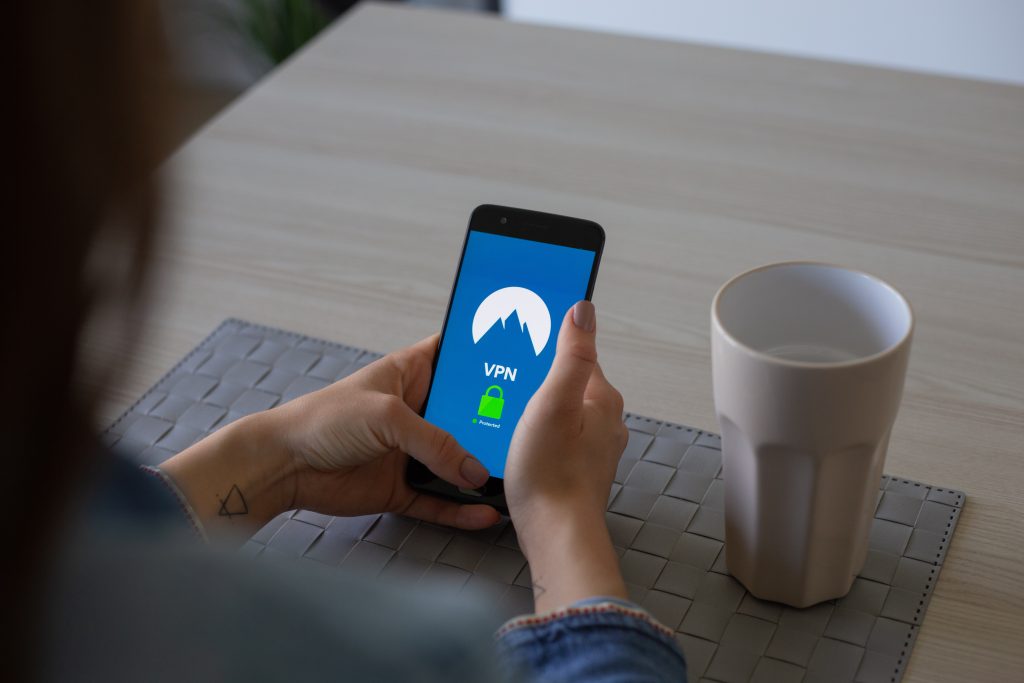When Your VPN is Insecure what risks are you facing? What Makes a VPN Insecure? This information might help avoid future problems.
There are a few things that can make a VPN insecure:
1) If it doesn’t use encryption at all, 2) if it uses weak encryption, 3) if it’s not properly configured and maintained, and 4) if the organization providing the VPN service has inadequate security measures in place.
Let’s look at each one of these in more detail.
1. No Encryption:
As mentioned above, encryption is necessary. Because it helps protect data during transmission between computers and networks. A VPN without encryption will not do much good for you at all. Because your data will be in plain text, which means anyone can read it.
Most VPN services use SSL or TLS for encryption purposes. And most clients come with default configurations that will encrypt your data in transit. This is one reason why you might want to configure your own encryption keys as mentioned above instead of using those provided by the VPN company.
2. Weak Encryption:
Encryption strength is measured in bits and the higher the number of bits used, the stronger the encryption. For example, 128-bit encryption is much stronger than 64-bit or 56-bit encryption. Because there are fewer possibilities (and thus fewer chances of cracking). So, when there are more bits to encrypt your data, the better.
Most VPNs use 256-bit or 512-bit encryption, which is quite strong and difficult to crack even with today’s technology.
3. Not Properly Configured or Maintained:
Most VPN providers have default configurations that should work well for most users; however, if you want more control over your options, you should look into using third-party software instead of using the software provided by your provider (if available).
Many third-party software vendors like OpenVPN (open source) offer more flexibility for configuration options than their vendor-provided counterparts. OpenVPN allows you to set up a custom configuration with different cipher suites and key sizes than the providers might offer you out of the box.
It’s also important to keep your software up-to-date in order to ensure that you’re getting the latest security fixes and patches. A VPN provider should regularly provide updates for their software and/or firmware to fix vulnerabilities and/or bugs, but it’s up to you to make sure that you’re up-to-date.
It’s also important to note that there are some VPN providers that use insecure encryption or authentication protocols. This is why it’s important to do your research before choosing a VPN service, especially if you have sensitive data to protect. An article on TorrentFreak lists the worst offenders.
4. Inadequate Security Measures:
It’s not enough for a VPN provider just to have encryption and authentication in place; they also need to have effective security measures in place (logging policy, data retention policy, etc.) to keep your data secure.
Most VPN providers keep logs of information about your activity while connected to their server or service. They may not be able to decrypt this information, but they can provide it if asked by a court order or government agency.
Choose a good VPN provider
A few things you can look for when selecting a VPN provider include:
1) whether they keep logs of your activity, 2) what kind of information they log (IP address, bandwidth usage, etc.), 3) how long they store this information, 4) whether they anonymize IP addresses before storing them, 5) whether they encrypt this information, 6) whether they share this information with any third party (government agencies for example), and 7) what jurisdiction(s) their company is based out of.
Many VPN providers also have an active warrant canary on their site, which indicates whether any government agency has sought access to customer data from that specific company on a specific date.
If the warrant canary has not been updated for a specific period of time (usually one year), then the company is under legally binding obligations not to disclose anything about their customers and/or user activity during that time period.
